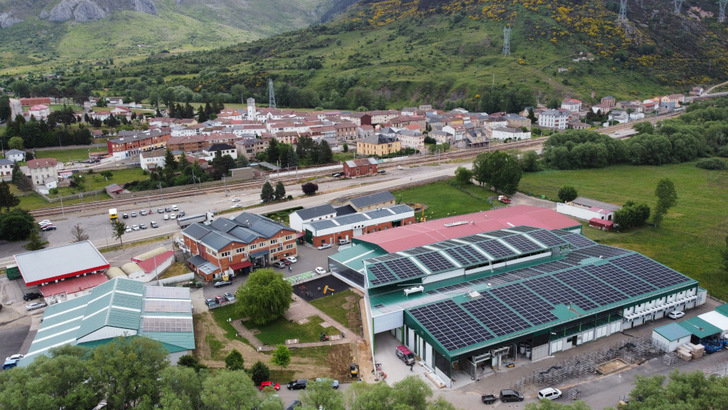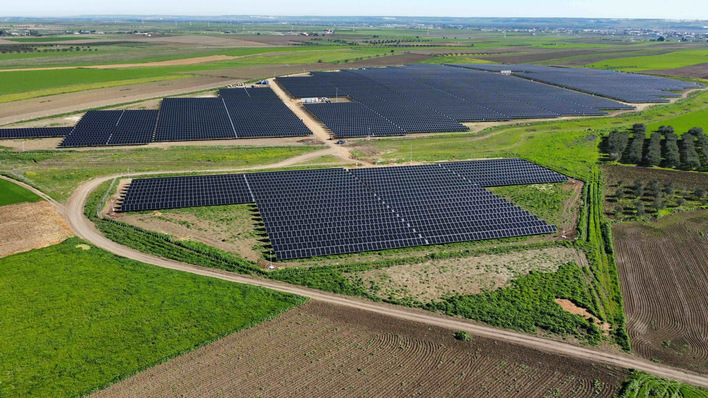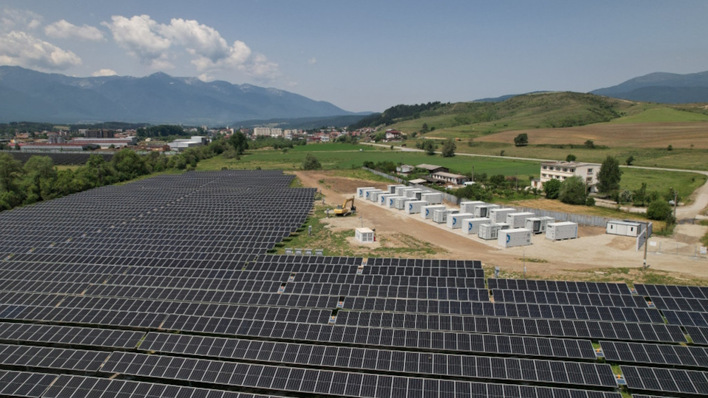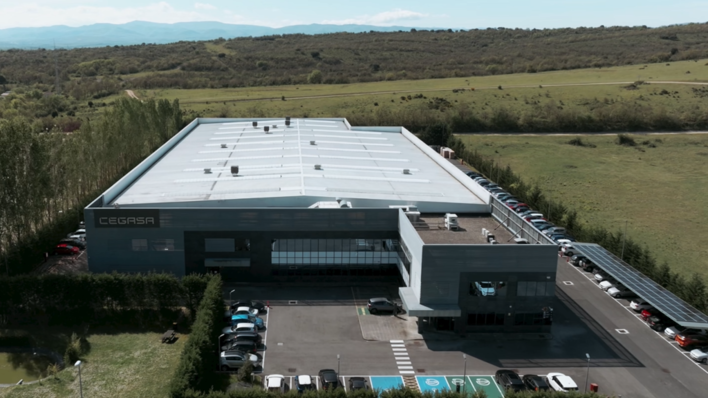Some 67% of Spanish municipalities now offer tax incentives for self-consumption, applying Property Tax (IBI) reductions to support rooftop solar. This is one of the key findings of the report Incentivos fiscales al autoconsumo (Tax Incentives for Self-Consumption), recently published by Fundación Renovables with backing from the Unión Española Fotovoltaica (UNEF).
A powerful tool for democratic energy
“Self-consumption continues to consolidate itself as one of the most powerful tools for advancing towards a fairer, more efficient, and democratic energy system,” says Raquel Paule, Director General of Fundación Renovables, adding that fiscal measures are fundamental for its development. Moreover, these initiatives, alongside announced reforms to increase the radius for sharing energy to 5 km, are essential for continued progress.
UNEF warns of slowdown in Spain’s storage market
Requirements for accessing IBI bonuses on rooftop PV still vary widely between municipalities. While 62% apply manageable conditions, 32% impose stricter criteria, such as limiting eligibility to the residential sector. A further 6% grant support only under highly restrictive terms, making it difficult for many to benefit from the available tax incentives.
Municipalities support self-consumption
For the sixth year running, a web tool has analysed how Spanish municipalities with over 10,000 inhabitants promote self-consumption through tax reductions. These municipalities account for 80% of the population and 97% of businesses, offering a representative snapshot of the country’s current tax landscape for self-consumption.
After the Iberian blackout – batteries and PV to boost energy security
Alongside the IBI, the report also examines two other municipal taxes with strong potential to support self-consumption: the Tax on Constructions, Installations and Works (ICIO) and the Tax on Economic Activities (IAE). The findings show that 65% of municipalities offer ICIO reductions for self-consumption systems. In most cases, requirements are relatively flexible – 91% of the applicable ordinances set manageable conditions. (nhp)









